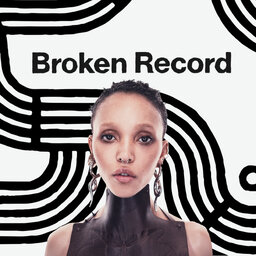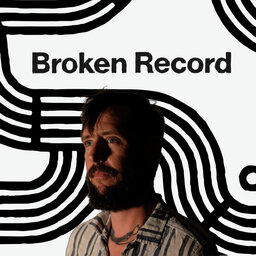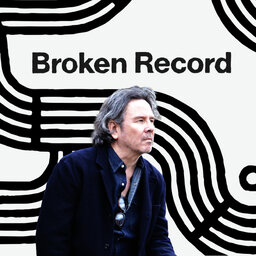Brandi Carlile and Tish Melton
Brandi Carlile’s knack for uplifting the musicians she loves is exemplary. After her own hard-earned ascent to fame over the course of seven studio albums, Brandi started to turn her sights to producing albums for artists she deeply admires, including Tanya Tucker who she’s been on Broken Record with in the past but also Brandy Clark. Then there’s Joni Mitchell—who, thanks to Brandi’s encouragement—has recently made a glorious return to performing live.
Brandi’s passion for the projects she works on is infectious. The latest is an EP she produced for 18-year-old singer/songwriter Tish Melton called, When We’re Older. Over the course of the five-song collection, Tish pulls influence from artists like Phoebe Bridgers and Lucy Dacus. Tish, whose mom is the New York Times bestselling author Glennon Doyle, is teeming with talent on her EP, which includes heartfelt songs that expertly capture a wise-beyond-her-years self assuredness.
On today’s episode Leah Rose talks to Tish Melton and Brandi Carlile about their creative partnership and the impermeable sense of self Brandi has found in both Tish and Joni Mitchell. And Brandi teases her upcoming collaboration album that she calls “monumental,” plus she talks about why she thinks Beyonce might be country music’s saving grace.
You can hear a playlist of some of our favorite songs from Tish Melton and Brandi Carlile along with all the tracks mentioned in this episode HERE.
 Broken Record with Rick Rubin, Malcolm Gladwell, Bruce Headlam and Justin Richmond
Broken Record with Rick Rubin, Malcolm Gladwell, Bruce Headlam and Justin Richmond


